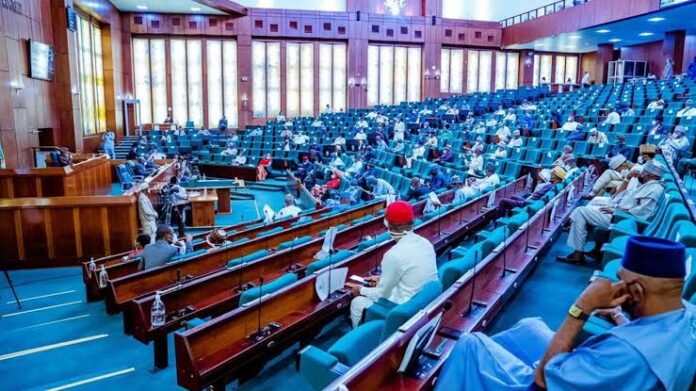
In a bold move to tackle persistent electricity issues, Representative Joshua Obika of the Abuja Municipal, AMAC/Bwari Area Councils, has announced plans to establish a legislative complaint desk in his constituency. This initiative aims to bridge the gap between consumers and the Abuja Electricity Distribution Company (AEDC), addressing longstanding concerns about power supply and billing.

The announcement came during a workshop on Electricity Consumer Protection held in Abuja. Rep. Obika emphasized his duty to channel people’s complaints to the AEDC, stating, “We can no longer accept disservice to the people.” The complaint desk will serve as a central point for gathering and addressing electricity-related issues, ensuring they are properly communicated to the AEDC for resolution.
Obika highlighted the importance of implementation, noting that while laws are in place, the real challenge lies in their execution. He urged community leaders to encourage residents with electricity problems to submit written complaints to his office, promising a different approach to handling these issues.
The lawmaker’s initiative comes in response to numerous complaints from constituents regarding electricity billing, metering, disconnections, safety standards, and lack of power in some rural areas. By establishing this complaint desk, Obika aims to create a more direct line of communication between the people and the service provider.
Prof. Sherif Ibrahim from the University of Abuja stressed the need for continuous monitoring and evaluation of laws to ensure their implementation. He suggested that legislators should work with the executive and judiciary to enforce these laws and impose penalties on those who fail in their responsibilities.
The workshop also addressed the responsibilities of consumers, including protecting power installations, paying bills promptly, and maintaining cordial relationships with power company officials. This balanced approach aims to create a more cooperative environment between service providers and consumers.
Dalahatu Musa, Commissioner of the FCT Public Complaint Commission, expressed support for the initiative, stating that his office is ready to partner with Rep. Obika to ensure people receive the services they pay for. This collaboration between different government agencies signals a more coordinated approach to addressing consumer complaints.
Princewill Okorie, Special Adviser to Rep. Obika, described the workshop as a pilot program. He expressed hope that other members of the House of Representatives would carry out similar consumer engagements in their constituencies, using their oversight and investigative powers to improve the power sector based on consumer feedback.
This initiative by Rep. Obika represents a proactive approach to addressing one of the most pressing issues facing his constituents. By creating a direct channel for complaints and working closely with both consumers and service providers, the lawmaker aims to bring about tangible improvements in electricity service delivery.
As this program unfolds, it could serve as a model for other constituencies facing similar challenges. If successful, it may lead to a more responsive and accountable electricity sector, not just in Abuja, but potentially across Nigeria. The coming months will be crucial in determining the effectiveness of this approach and its potential for wider implementation.



